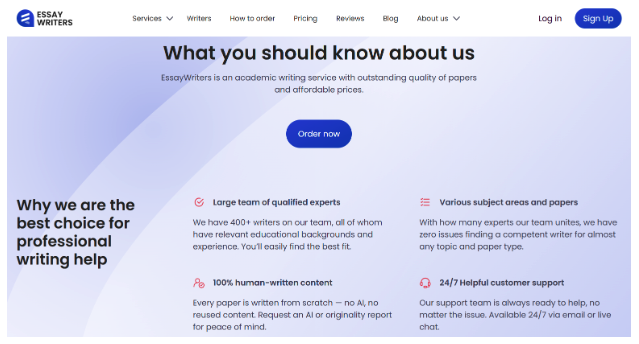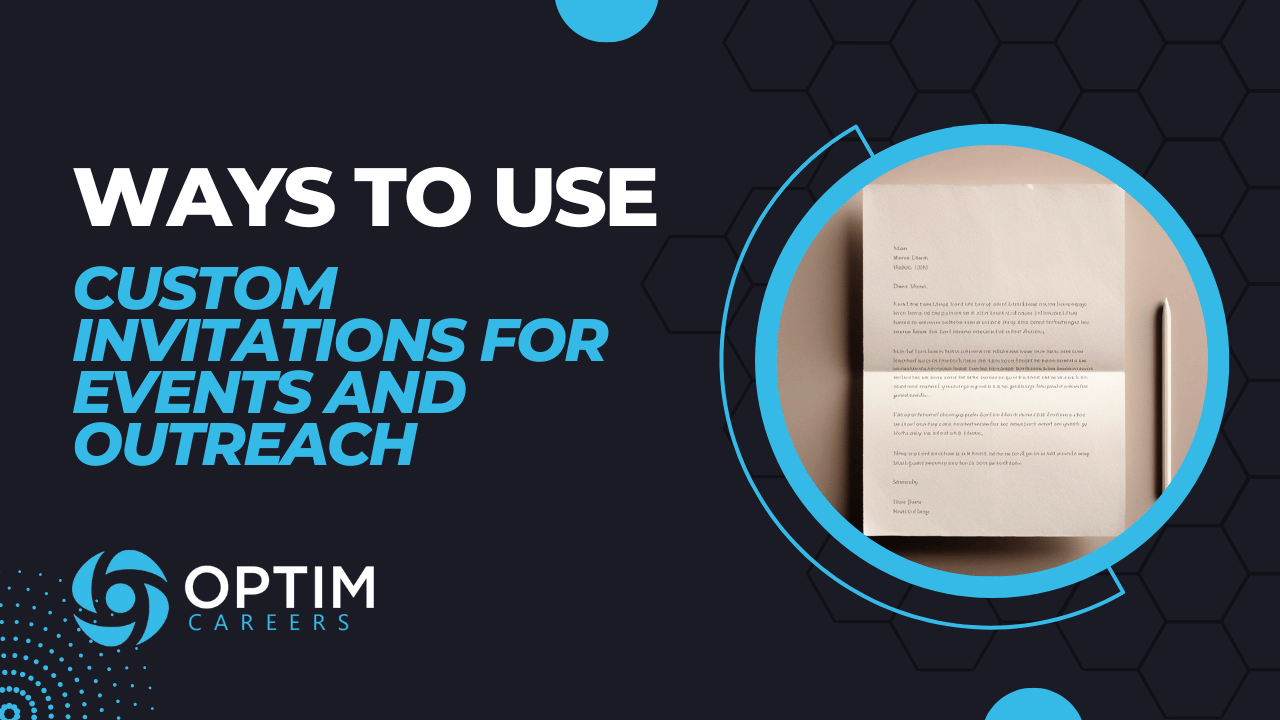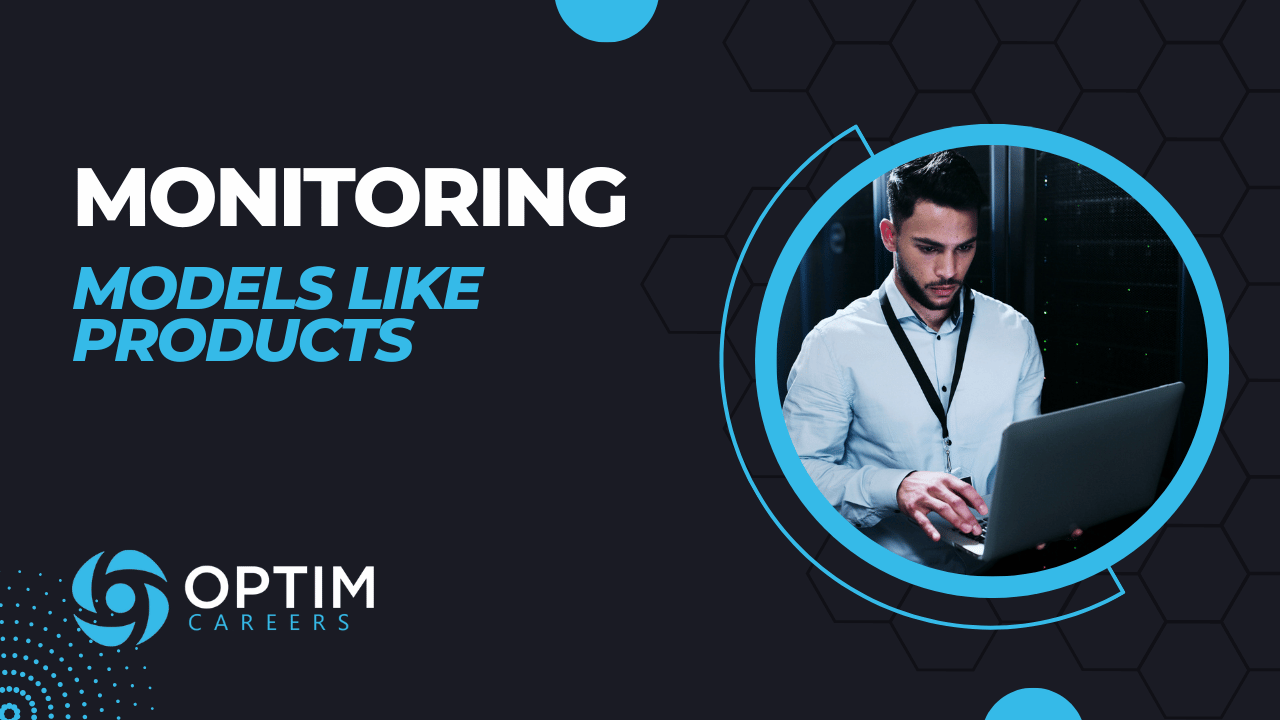34 Smart HR Generalist Interview Questions
Human resource professionals are in demand these days and are expected to stay so. Many of the HR interviews I’ve sat in, sadly have been dismal over the years. Terrible questions breed terrible answers. Today I’m sharing some of my favorite HR Generalist interview questions and answers.
To be clear, this isn’t your typical run-of-the-mill, “Tell me your biggest strength,” or “What motivated you to apply for this job” questions. You don’t need my help to come up with those. This isn’t a list of questions you could ask in any interview. They are HR Generalist specific.
The questions you’re about to read are designed to spur conversation and help you gain insight into how someone thinks about their job function in human resources.
Whether you’re preparing to interview a candidate or you are the candidate, here are some questions you can prepare ahead of your next interview.
What Is an HR Generalist?
As always, before we dive into the questions, let’s start with a working definition of what an HR Generalist is and isn’t.
HR Generalists typically report to an HR Manager and they may partner with HR Business Partners (HRBP) to handle daily HR functions such as employee relations, performance management, employee engagement, benefits administration, payroll, recruitment, and onboarding. This is the workhorse of the HR team that ensures critical tasks are completed and completed correctly.
Big and small companies have HR Generalist jobs. While larger organizations may have HR Specialists (people who specialize in a specific area of human resources), they frequently have generalists too. If your goal is to climb the HR ladder into management, this is a great role to hold because you’ll get to do everything HR-related.
HR Generalist Career Track
An HR Generalist is not an entry-level role. It’s usually a second-step role. Here is what a career path could look like in human resources. Keep in mind that not everyone will follow this exact path.
Entry-Level HR Jobs
HR Assistant
HR Coordinator
Mid-Career HR Jobs
HR Generalist
HR Business Partner
Management Level HR Jobs
HR Manager
HR Director
Executive Level HR Jobs
VP of HR
Chief HR Officer or Chief People Officer
The Difference Between an HR Generalist and an HR Coordinator
Some people confuse coordinators and generalists and some companies blend the roles together. Coordinators typically administer benefits, update HRIS, and document facts for investigations. It is an entry-level role.
Generalists on the other hand may do some of the same tasks but are expected to be of a higher caliber. They typically interact with other business partners more often and contribute more to projects because they have more experience. Most HR Generalists have between two to four years of HR experience before moving into this role.
In the remainder of this article, I will give you some smart questions you can ask to reveal a candidate’s knowledge, traits, and skill set. If you’re interviewing for an HR Generalist job, I’ll also include information about what most employers are looking for so you can prep with ease.
Employee Relations Interview Questions
We have a company policy (insert policy), an employee (breaks policy), how would you handle the situation?
The goal of this question is to reveal the candidate’s philosophy around company policies, their communication abilities when working through issues, and ultimately if they have the confidence to do so. Listen for the candidate to speak about fact-finding activities and their understanding of verbal/written disciplinary action plans. They should also be able to give you insight into how they determine the appropriate response to a company policy violation.
What are some of the elements of a great employee handbook?
Depending on the organizations the candidate has worked for in the past, listen for things such as codes of conduct, missions and visions, compensation and benefits, time off, and harassment policies.
An employee is passed over for a promotion and believes it is because they took extra time off this year due to their child playing in the US soccer championship. They bring the complaint to you. How do you work through the conflict and resolve it?
Listen to how well the employee understands the difference between fairness and what the law requires. Also, pay attention to their process (or lack thereof) for resolving conflict between employees and managers. How much do they get involved? How do they view their role in this situation?
An employee starts a side hustle and their manager comes to you with a claim that there is a conflict of interest. How do you proceed to handle this?
Similar to the last question this tests their knowledge of what a conflict of interest is or isn’t. Don’t expect them to be a legal expert, but they should have an idea of what might warrant a conflict of interest. Listen to how they do their due diligence in finding facts. Who do they pull into the conversation and how do they make recommendations?
Employee Satisfaction and Engagement Interview Questions
What type of employee events have you coordinated? For how many people?
If event management is something your team does often, ask this question. Not all HR Generalists are good event planners. You’ll want to know more about the type of events, the size of them, and the project management involved at their previous jobs.
What ideas do you have for improving employee job satisfaction? Or what initiatives have you undertaken in the past?
Many people talk about surveys, but they don’t discuss how to leverage the information they get. Listen to see if the candidate has a process to gain insights about job satisfaction and how they go about implementing initiatives.
They may discuss manager training, benefits changes, and many other ideas. The idea isn’t as important as how they arrive at their ideas. You don’t want to hire someone who just wants to throw pizza at people. You want someone who understands company culture and how to build one and this often involves communication skills.
Do company-wide employee recognition programs work? Why or why not?
Different people have different opinions on this. It’s not the opinion that matters but their logic and reasoning behind why they have that opinion. Listen to whether they reference any data or if it’s just based on their feelings.
What questions would you ask in an exit interview? How would you leverage the information you received? (analyzing several, not just taking one as fact)
Don’t just ask the question, but dig in more. For example, if a candidate said they would ask if someone got along with their peers, you might ask, “If someone answered that with everyone but Jim, what would you say next?'“ Does the candidate have the ability to tactfully dig for root causes and problems? Pay attention to how they use the information as well. Do they look for trends in exit interviews and if they identify any, what do they do with that knowledge?
What are the keys to improving participation in employee engagement surveys?
You’ll be able to quickly figure out how much experience they have with surveys by asking this question. Do they talk about anonymity, convenience, or structuring questions? Or have they only pushed the button to send a survey and nothing past that?
You realize in your reporting that there is a spike in employee turnover in a particular department. How do you go about investigating this? What ideas might you come up with for retaining talent?
This question is designed to give you a glimpse inside someone’s mind and to see how they handle problem solving. It can also reveal insights about their analytical ability. Great candidates will talk about the business partners they pull in, what questions they might ask, and then how they synthesize their data into something actionable.
Risk Management Interview Questions
An employee gets hurt on the job but doesn’t report it right away. You become aware of it the next day. How do you approach the investigation and workers compensation?
Listen to make sure the candidate understands the importance of corrective actions and liability. Do they move with urgency once they find out? Do they talk about the what, who, when, where, and why during their investigation? Do they document their findings somewhere and support them with evidence such as video or photos if applicable? How do they work with others to prevent future injuries of the same kind?
A California worker wants to take FMLA for health reasons. They’ve been with the company for 12 months and worked a total of 1,200 hours. Do they qualify?
You can change this for any state, but this question tests their depth of knowledge on this topic. Of course, if you asked this question verbatim, the answer would be no they don’t qualify due to the total hours threshold not being met.
How do you stay up to date with local, state, and federal employment laws? What was the last significant change you remember?
Ideally, the candidate is a member of a human resources professional association. SHRM, or the Society for Human Resource Management, is the most well-known. But there are also others such as PIHRA. The best candidates are dialed into their associations and receive regular updates on changes this way.
Take note if there are any recent significant national regulatory laws, state laws, or local laws that you would expect the candidate to be aware of.
What reports have to be filed with the EEOC for companies with 100 or more employees? Have you filed them before?
Rather than ask if they’ve filed an EEO-1 report, I like to ask questions like this to see if they know what report I’m referencing. Then you can discuss their experience filing them.
Have you ever fought and won an unemployment insurance claim? What contributed to your win?
This question centers on the candidate’s understanding of documentation and how important it is. Listen for the candidate to discuss their understanding of what misconduct or voluntary separation disqualifies a former team member from benefits.
What do you deem confidential information and how do you protect it?
HR Departments handle a lot of sensitive information. Everything from social security numbers to injuries, and performance reviews could come up in conversation. Listen for things such as not keeping documents on a desk during breaks, keeping filing cabinets locked (if they’re still doing things the paper method), and even policies about resetting passwords every few months. Many ideas could come up, the important thing is that they understand the importance of these things and have ideas.
HRIS Interview Questions
What is your process for updating and maintaining employee records? How do you ensure you don’t make a mistake?
Listen for a process the candidate uses to check their work and ensure it is accurate. They may also talk about verifying information with managers before entering changes as well.
How do you ensure employee updates such as promotions and transfers are recorded accurately?
The candidate may discuss something similar to the previous question, but they may also reference data audits, training, and validations checks.
An employee is about to be terminated. What steps do you take after you are notified?
Great candidates will discuss the importance of determining who will be conducting the termination. Is it HR and the manager, only HR, etc? They will also discuss the importance of keeping the conversation brief and factual. As it relates to the HRIS system, they may also talk about the importance of entering the data and issuing things like final paychecks and benefit packages. Some states have very strict rules about when someone is to be paid after termination.
How do you change an employee’s level or job title in Workday (insert any software)?
If you want someone who’s used your software before, this question becomes a relevant test to see if they can walk you through the steps of performing a task. Don’t expect them to get it perfect if they don’t have a computer in front of them. But if they say they are an expert in your software or that they’ve been using it for the past 5 years, this question will test how well they know it.
Onboarding Interview Questions
In your experience, what makes or breaks a successful onboarding of a new employee?
Candidates may discuss initial orientation and ensuring new hires adopt the company’s goals and values. They may also talk about onboarding beyond the first week. Listen for how the candidate discusses working with managers and how they engage in onboarding classes if you hire in large groups.
What is the largest group of new hires you’ve taken through onboarding and orientation at once? If it was a large group: How do you effectively manage an onboarding class of that size?
Onboarding one new hire at a time is much different than onboarding 30 every quarter for a rapidly growing start-up. You’ll want to know which environment the candidate has operated in because they require different skills. For large classes, they may discuss using break-out sessions and other ways to improve engagement and adoption.
What are the keys to onboarding remote workers successfully?
If you have a remote workforce, onboarding can require some real logistics. Does the candidate understand how to coordinate equipment and allowances if there are any? They should also have methods to help new hires understand how work gets done and how to establish relationships in a remote work environment.
Payroll Interview Questions
What role have you played in payroll? For how many employees?
In some companies, HR is responsible for payroll. In others, it’s accounting. And in some, it’s both. If you need someone who knows how to verify and process payroll, ask this question. The candidate may talk about working with third parties and managers in the process.
If this person will have payroll responsibility, you want someone capable of ensuring compliance with local and state laws.
Performance Management Interview Questions
How do you monitor performance evaluations and work with others to revise when necessary?
Listen for how the candidate interacts with managers and coaches them through performance reviews. They may talk about keeping the process simple, self-assessment components, and feedback loops. The candidate may talk about long term goals for performance management and how they make data-driven decisions based on trends and analysis.
Tell me about a time when you had to coach someone who had more tenure than you. What was the situation? What did you find challenging about it? What was the result?
Many times people are intimidated at the thought of coaching a manager who is older or has been in their role for a long time. HR Generalists must remember that they too are experts in their respective fields and may have knowledge that other managers don’t. This question is designed to assess how comfortable they are at handling these interactions.
Why or why wouldn’t you consider 360-degree assessments for improving performance?
I don’t know if there’s a right or wrong answer to this question. Some people love them, others not so much. Candidates should understand what this is, however, how it works, and be able to articulate their reasons for using it or not wanting to use it. You’ll also show candidates that you care about their ideas and feedback when you ask this question.
Recruitment Interview Questions
What staffing partner relationships have you managed in the past? What were the biggest challenges you noticed working with staffing vendors?
Most companies use staffing agencies. If your company utilizes them, you may want to assess if the candidate has experience managing these relationships. What happens when an agency recruiter goes rogue or if there is an issue with a temporary associate?
A hiring manager wants to hire a candidate and asks you to conduct a reference check. How do you collect references? What do you ask for from the candidate? What do you ask for from the hiring manager? How do you go about collecting and documenting the information obtained during the reference?
Candidates need to understand what they can ask for legally and educate managers. It’s also important to discuss with the manager what things they would want to hear or not want to hear in a reference check. I like to use this question to also gauge their personability. If someone calls references and just reads from a checklist, they’re likely to not get much valuable feedback. But if a candidate can pivot and get someone else to open up, that’s worth something.
You receive a request from a hiring manager to begin recruiting for a new position. They want you to write a job description. What questions do you ask the hiring manager? What are key pieces of information you need to know?
It’s easy for HR Generalists to become customer service reps for their hiring manager, just taking orders. But those who can educate managers on the market, consult with them, and act as a business partner show senior-level qualities that can be attractive.
Asking questions about what is required, what is nice to have, the department’s team dynamics and even the interview process are relevant. Listen to how they navigate this situation and what questions they might ask.
Other HR Generalist Interview Questions
Here are a few other common HR Generalist interview questions that I’ve heard and liked over the years.
How many employees have you supported in the past?
This job can come with a lot of pressure and stress. How do you maintain calm under pressure and reduce stress?
What skills do you think the most successful HR Generalists possess?
Have you ever done something and realized later that you shouldn’t have? What was it? What did you end up doing about it?
What do you consider the biggest challenge facing HR Generalists today? How do you plan on overcoming that?
HR Generalist Interview Questions Recommended Reading
Cole Sperry has been a recruiter and resume writer since 2015, working with tens of thousands of job seekers, and hundreds of employers. Today Cole runs a boutique advisory firm consulting with dozens of recruiting firms and is the Managing Editor at OptimCareers.com.
















